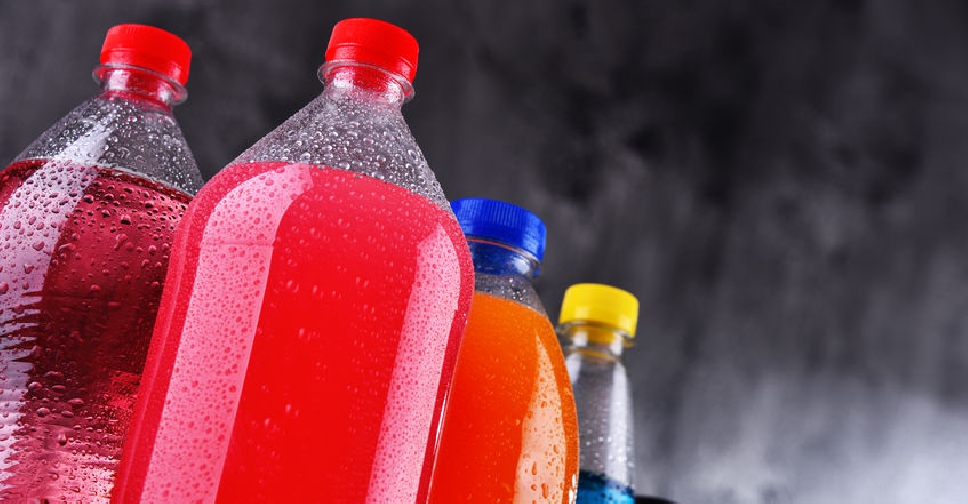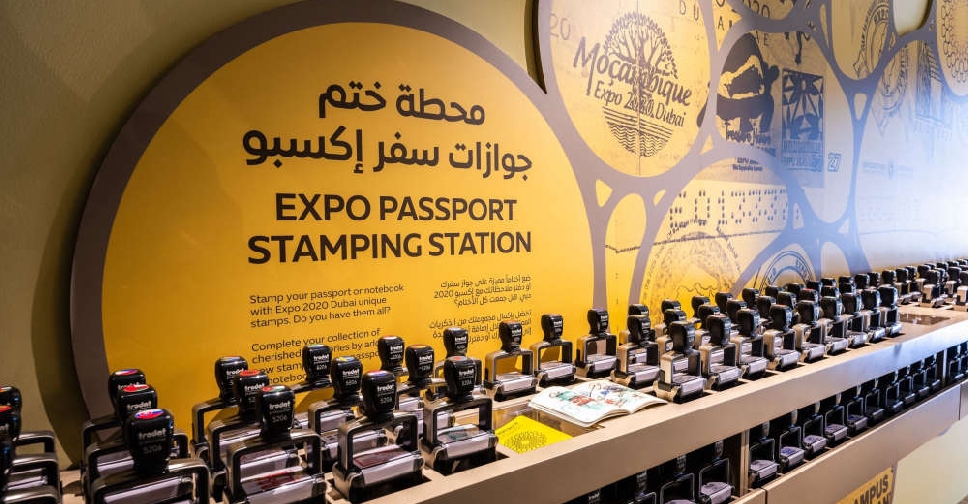
Aspartame, one of the most widely used artificial sweeteners globally, is poised to to be classified as a "possible carcinogen" from the cancer research arm of the World Health Organisation (WHO).
This development could have far-reaching implications for the food and beverage industry.
In response to the evaluation by the International Agency for Research on Cancer (IARC), a subsidiary of WHO, the Joint FAO/WHO Expert Committee on Food Additives (JECFA) will conduct its own risk assessment exercise on aspartame. It will include a review of the acceptable daily intake and dietary exposure assessment for the artificial sweetener. The outcomes of both evaluations are scheduled for simultaneous release on July 14.
Aspartame is a commonly used ingredient in various drinks and foods, ranging from Diet Coke to sugarless chewing gum. It is also present in cough drops and certain toothpaste brands.
The WHO label indicating "limited evidence" linking aspartame to cancer places it in the lowest of three categories, with "probable carcinogen" and "carcinogenic to humans" representing the subsequent and more severe classifications, respectively. Examples of substances in these categories include the herbicide glyphosate and dangerous elements like tobacco smoke and asbestos.
It is important to note that the IARC's ruling will not directly address the safe consumption levels of aspartame. This information will be determined by the JECFA.
News of the pending declaration has put the food industry on the defensive. The International Sweeteners Association, which includes prominent members like PepsiCo and Mars Wrigley, expressed "serious concerns" about the preliminary speculation surrounding the IARC opinion.
Frances Hunt-Wood, the secretary-general of the International Sweeteners Association, clarified that IARC is not a food safety body, and drawing conclusions should await the publication of both reports. She emphasised that aspartame is one of the most thoroughly researched ingredients in history, with over 90 food safety agencies across the globe declaring it safe.
The potential carcinogen label on aspartame could lead to significant repercussions for the food and beverage industry, raising questions about the safety of products that contain the artificial sweetener.

 Expo 2020 museum opens this weekend
Expo 2020 museum opens this weekend
 Abu Dhabi launches initiative to reduce light pollution
Abu Dhabi launches initiative to reduce light pollution
 J1 Beach set to transform Jumeirah beachfront
J1 Beach set to transform Jumeirah beachfront
 NGO links H&M and Zara cotton to deforestation in Brazil's Cerrado
NGO links H&M and Zara cotton to deforestation in Brazil's Cerrado
 Camel trekkers reach Global Village after 557 km journey
Camel trekkers reach Global Village after 557 km journey




